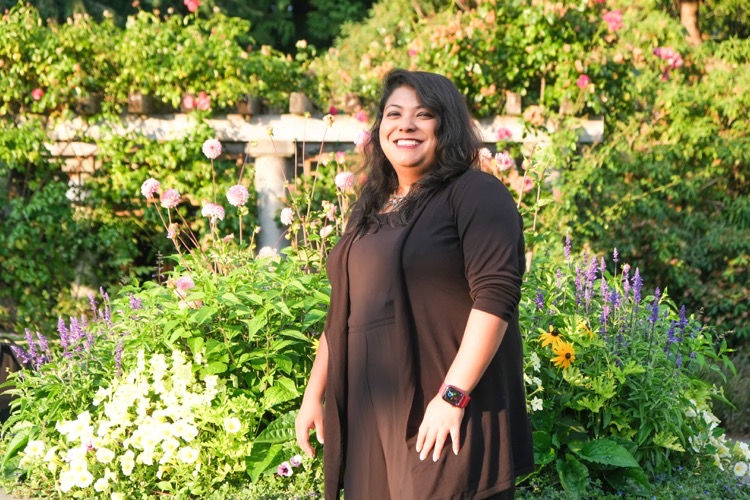Tanzoom Ahmed
Being a public scholar means making my research more accessible to a wider audience and contributing to greater public good through my research work.
Research description
My research focuses on understanding and preserving voices of the marginalized communities in South Asia.
What does being a Public Scholar mean?
To me being a public scholar means making my research more accessible to a wider audience. It also means contributing to greater public good through my research work. In my doctoral studies, I am constantly striving to understand voices of marginalized Muslim women in South Asia while exploring ways to write their stories by listening and understanding their lived experiences.
In what ways do you think the PhD experience can be re-imagined with this Initiative?
My projects with the Public Scholars Initiative will be a transformative and effective expression of current traumas and narratives from the marginalized communities. It will re-imagine conventional dissertation formats through an innovative and interactive graphic format. The format will be accessible and reader-friendly for younger readers and a wider public, making it a purposeful medium of social contribution by bringing out the marginalized voices.
How do you envision connecting your PhD work with broader career possibilities?
My doctoral work can connect directly to broader career possibilities such as gender activists, policy makers, creative and academic writers, and global non-profit workers focusing on marginalized communities across the globe.
How does your research engage with the larger community and social partners?
First, my research aims to preserve writings and art produced by marginalized communities. Second, it also hopes to understand construction of religion and gender in textual, cinematic, and artistic formats. Thus, engaging directly with preservation of textual and art history while questioning mass produced narratives. Finally, it hopes to record and understand lived experiences.
Why did you decide to pursue a graduate degree?
I decided to pursue graduate studies because of three main reasons: first, I do believe that learning never stops in a graduate degree or outside, however a graduate degree gives a broad structure to plan and focus on a set of ideas, fields, topics, thus it really helps me work more deeply with a set of topics while staying focused on my larger objectives. Second, I do really enjoy the academic environment of constantly indulging in constructive debates and discussions. Third, learning from peers/ learners/ professors/scholars have been very enlightening and encouraging to me. I have been exposed to so much more ideas, texts, theories from people around me that this journey would not have been possible without this academic community. As a good friend of mine once said “it takes a village to do a PhD.” I am really grateful to my academic community!
Why did you choose to come to British Columbia and study at UBC?
UBC’s Asian Studies Department is one of the largest and most diverse Asian studies programs in the entire world. The diversity of languages, courses and topics offered at the department can provide one of the strongest academic foundations in Asian studies. I was immediately attracted to this diversity and plethora of courses the department offered. After joining my doctoral program, I have felt constantly supported and appreciated by my supervisor, committee members, professors, and peers. This has been a dream come true for me, and I am immensely grateful for how supported the UBC community has made me feel from the first day of my program. Thank you!




